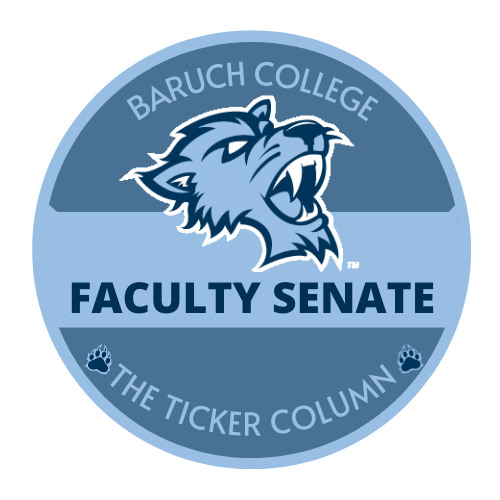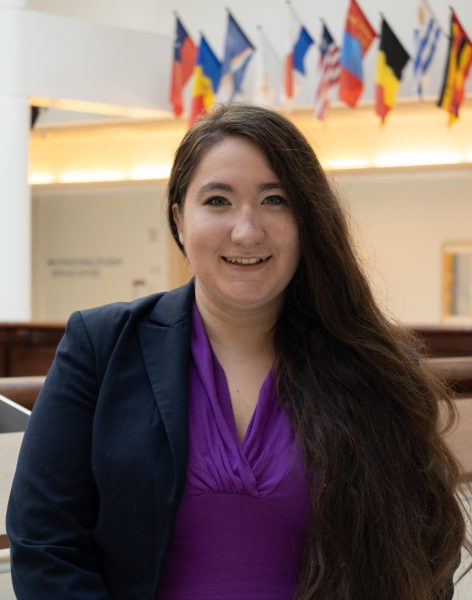Faculty Senate Meeting: Faculty research funding concerns
November 12, 2022
The third faculty senate plenary session of the 2022-2023 academic year occurred on Nov. 3.
Professor Terrance Martell, chair of faculty senate, launched the senate meeting by continuing the discussion regarding one of Baruch’s goals of promoting and supporting high-quality faculty research.
“Ensuring that the subset of faculty that moves the needle in finance, English or whatever needs to be able to have a reasonable chance for getting continued research support,” Martell advised.
He advised that funds must be allocated through a dynamic process.
George Mitchell, director of CNSM and associate professor of nonprofits and NGOs, reiterated the importance of research release time. Faculty that are active in research but have unpredictable teaching loads are disadvantaged.
A discussion ensued concerning faculty workload in connection with faculty research release time.
“I might add that not knowing when, whether, or how much funding will be available in the future not only makes it difficult to plan long-term projects; it also makes it difficult for me (for one) to spend funding when I have it,” Katherine Behar, associate professor of New Media Arts, said. “I am research active, but I am holding back because I am afraid to take on projects that I am not confident I will have the support to complete.”
Communications professor Elisabeth Gareis addressed some useful methods of funding RRT such as an adjunct budget, increasing class size and external funding.
President S. David Wu took the floor to speak about other college goals such as continuing to enhance diversity, equity and inclusion; enhancing student experiences and success and enhancing future work in community well-being of faculty with a focus on staff.
Anthropology professor Carla Bellamy inquired about more budget transparency. President Wu agreed that is something that requires more work to be understandable.
Provost Linda Essig then discussed the need for more advisors at BOSS to accommodate Baruch’s growing population, more faculty intervention in math—particularly pre-calculus—and an increase in peer mentors for transfer students.
Essig further advised that Baruch currently has a 74% graduation rate, however, not all demographics are achieving that.
Regarding the increase of research funding, Essig agreed but noted that it is expensive, and enrollment has grown, but Baruch’s budget hasn’t grown to meet CUNY’s budget for research because CUNY’s budget is not enrollment based.
A debate was sparked regarding the school-wide policy of routine faculty and committee meetings that were mandatory.
Bellamy brought up a point against virtual meetings as they are inefficient, require more work and encourage multitasking, which is not in the best interest of “getting work done” at meetings.
“The loss of human contact is also a huge problem in terms of the culture of the college and its mission,” she said.
Gareis countered that virtual meetings would save time, money and the planet, as well as allow for more democratic participation not only of people who are ill but also for those who are traveling.








